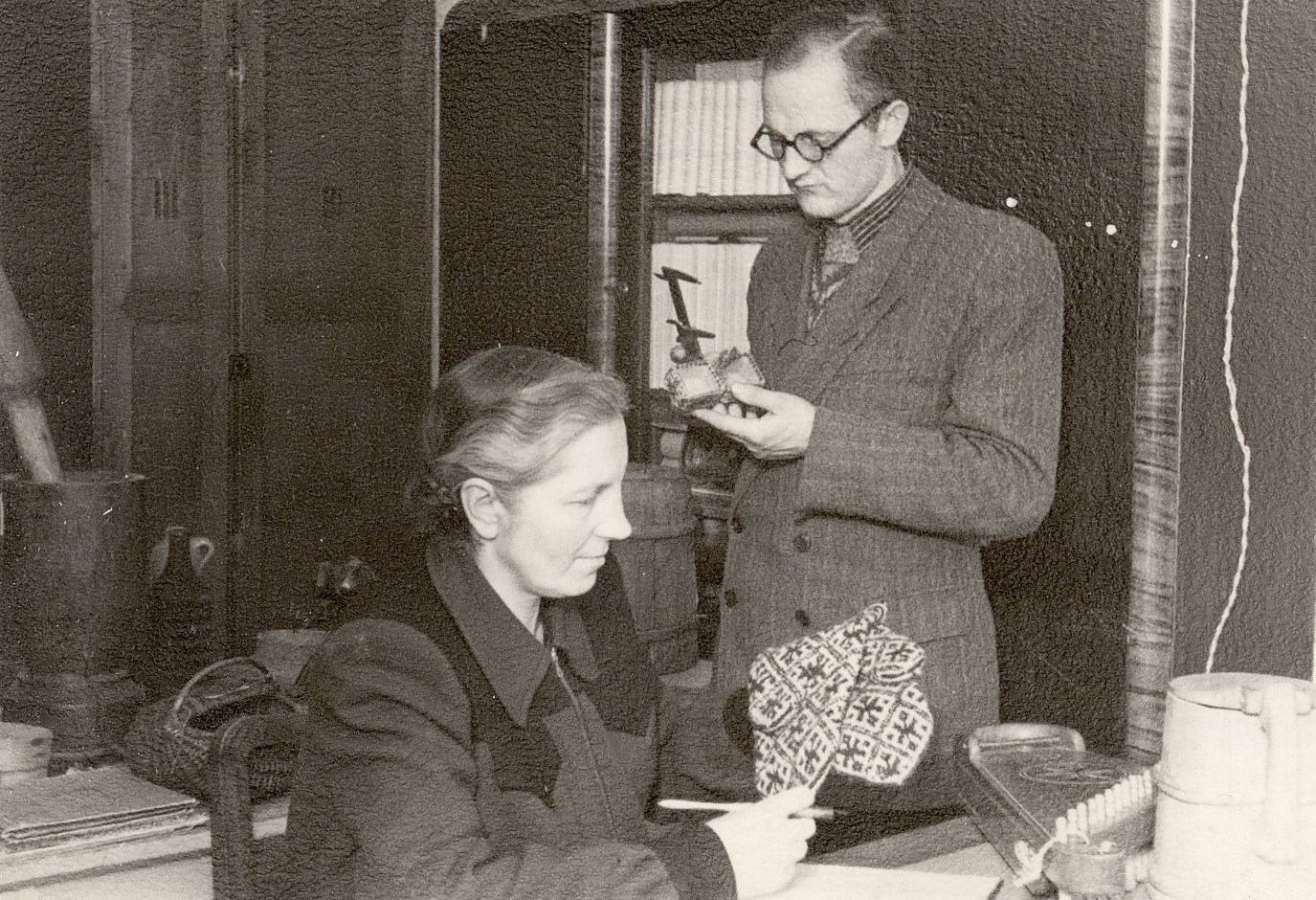Elza Rudenāja (1911-1998) was born in the Madona district. She was a graduate of the University of Latvia, where she studied history and developed an interest in archaeology. After graduating, she also gained some experience in museum work. In the summer of 1944, she approached the first secretary of the Madona district Communist Party Committee with a proposal to organise a local history museum in Madona, and received support for the proposal. The museum was established in September 1944, and Rudenāja was its director until 1990, when she was forced to resign due to ill health. Although the attitude of the local authorities towards the museum from the 1940s to the 1960s was very often not supportive, Rudenāja managed to create one of the best local museums in Latvia. She was never a Communist Party member, which was rather rare for directors of museums, and she employed several people who were persecuted by the Soviet authorities for political reasons. Nevertheless, despite occasional attacks against the museum, Rudenāja managed to retain her post, which was largely due to her sociability, and her wide range of supporters and friends in cultural milieus, some of whom were respected by the authorities. The situation became easier in the 1970s, when Rudenāja established a reputation for herself as an important personality in the field of culture. Rudenāja's main interests in local history were in archaeology and pre-Soviet history in general. She was also genuinely interested in and devoted to literature and art. Thus, the preservation of the historical and cultural legacy, participation in the establishment and running of memorial museums to personalities who were important to the national culture, became the focus of her efforts. Apart from overseeing the collecting work and holding of artefacts, Rudenāja devoted a lot of energy to dissemination and educational activities. Although she never tried to challenge the Soviet regime openly, she often had to balance between the ideological demands of the local and republican authorities and supporting the national culture.

